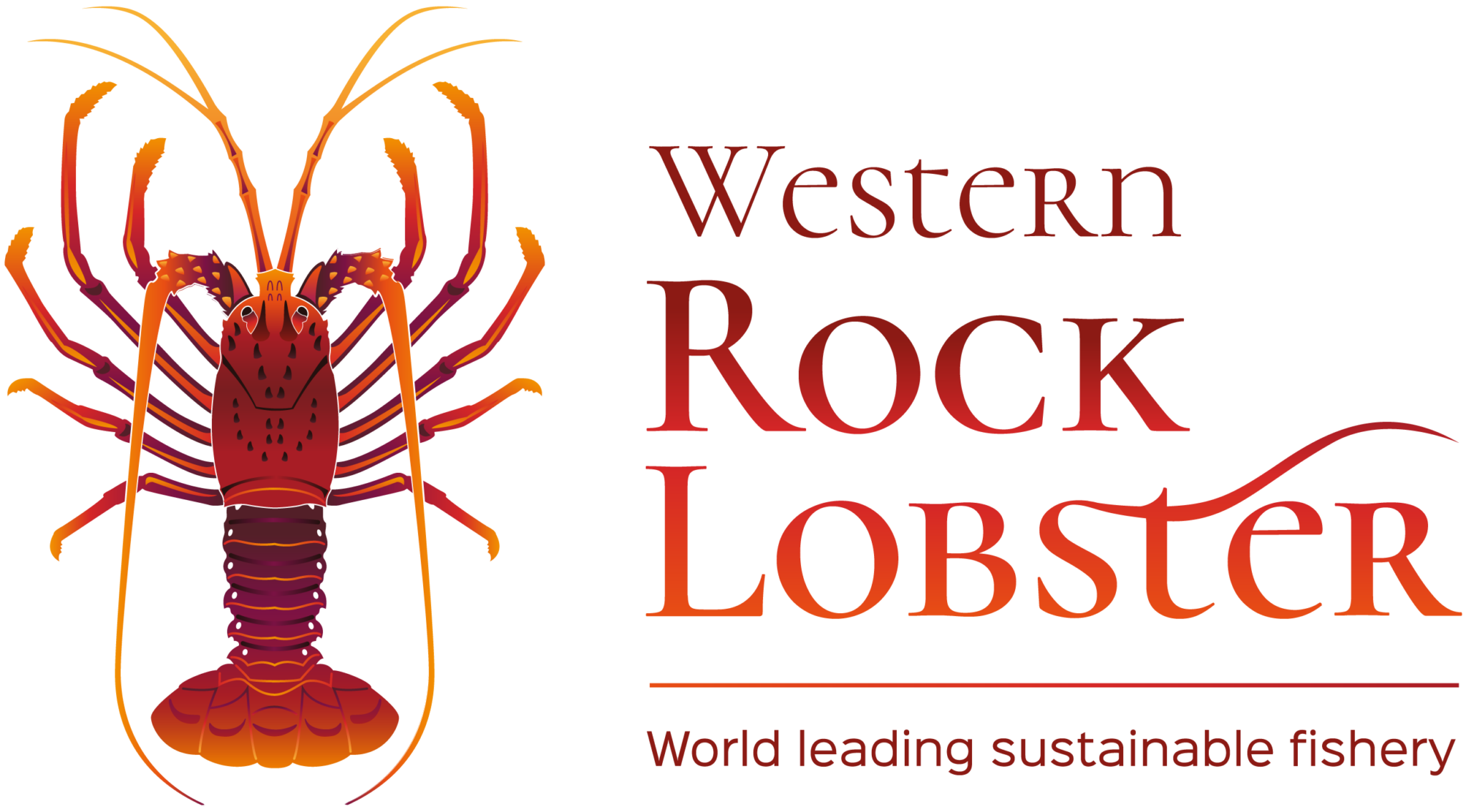Since October 2021, WRL has sought clarification of the WA Government’s mandatory vaccination policies and how they would affect our industry. You may recall, there were three groups who were subject to a different phased approach of mandatory vaccinations. The first group were deemed to be occupations that were at sufficiently high risk of transmission, vulnerability, or necessary to avoid catastrophic risk to the safety of the community (Group One) and the second group of occupations were deemed critical to the ongoing delivery of business and function of the community (Group Two). Group One were required to be double-dosed vaccinated by 31 December 2021 and Group Two were required to be double-dosed vaccinated by 31 January 2022. There was a third group which were required to be fully vaccinated to attend work in the event of a lockdown. It was not abundantly clear at the time which group WRL fishers or processors would fall within.
As a result of our requests for more information, DPIRD have created an information sheet for WA’s Fishing Industry. We can now confirm with our members that there is no mandatory vaccine requirement by Government for crews/skippers operating on fishing vessels or for fish processors. We also understand that fishers involved in BoB lobster sales are not subject to the mandatory vaccination requirements set out in ‘Critical Business Worker Restrictions Access Directions (No 2)‘.
We note that the factsheet also states “While there is no specific Direction that applies to the fishing or fish processing sector, it is important that industry participants review the Directions for applicability to the premises they operate.” The ‘Directions’ are listed here.
WRL acknowledges that some individual businesses within our industry have introduced their own mandatory vaccine requirements for their employees to mitigate the serious commercial and health risk associated with significant positive COVID-19 cases in the workplace.
New Definition of ‘Critical Worker’ in the event of a ‘Very High Caseload Environment’
Guidelines and policies are always evolving given the nature of a pandemic. Recently, the WA Government released categories of ‘critical workers’ that will be subject to new testing and isolating protocols when WA enters into a ‘very high caseload environment’. The purpose of this is to ensure the continuation of services and supply of goods that are necessary for safety or community wellbeing. As to when WA reaches a ‘very high caseload environment’ will be based on the State’s epidemiological and outbreak response, and subject to the latest health advice. Once a high caseload environment has been confirmed, the following will apply:
- New close contact definition
- New testing and isolation protocols
- Casual contacts will cease in WA, in line with the national approach.
As noted above, the WA Government has released categories of specified industries with some guidance as to workers who would be considered critical in each industry. These categories can be read here. ‘Commercial Fishing’ is listed under the ‘Agriculture’ category. Further, there is a ‘Food, beverage and pharmaceutical manufacturing, supply and retailing’ category, and this lists ‘a person who works at work premises used for the distribution, production, and processing of goods: food including meat and seafood processing’.
We understand then, that people employed in commercial fishing and in seafood processing, could be defined as ‘critical workers’ in the event of a ‘high caseload environment’. Critical workers who are close contacts will be required to follow the new testing and isolating protocols as follows:
- If symptomatic, follow symptomatic close contact rules
- If asymptomatic, and you are required to work for continuity of operations, you must have a negative Rapid Antigen Test (RAT) daily
- When working you must work with a surgical mask, use other PPE where possible, and if possible travel alone
- When outside of work, you must self-isolate
- If a RAT is positive, you must self-isolate for 7 days.
- If symptoms ever develop, you must follow symptomatic close contact rules (link above).
Notably, not all workers in the specified industries are considered critical and workplaces will be required to determine the number of critical roles, based on the WA Government’s guidelines. Employers must register this information with the State Government. An online registration system will be developed ahead of these settings coming into place.
